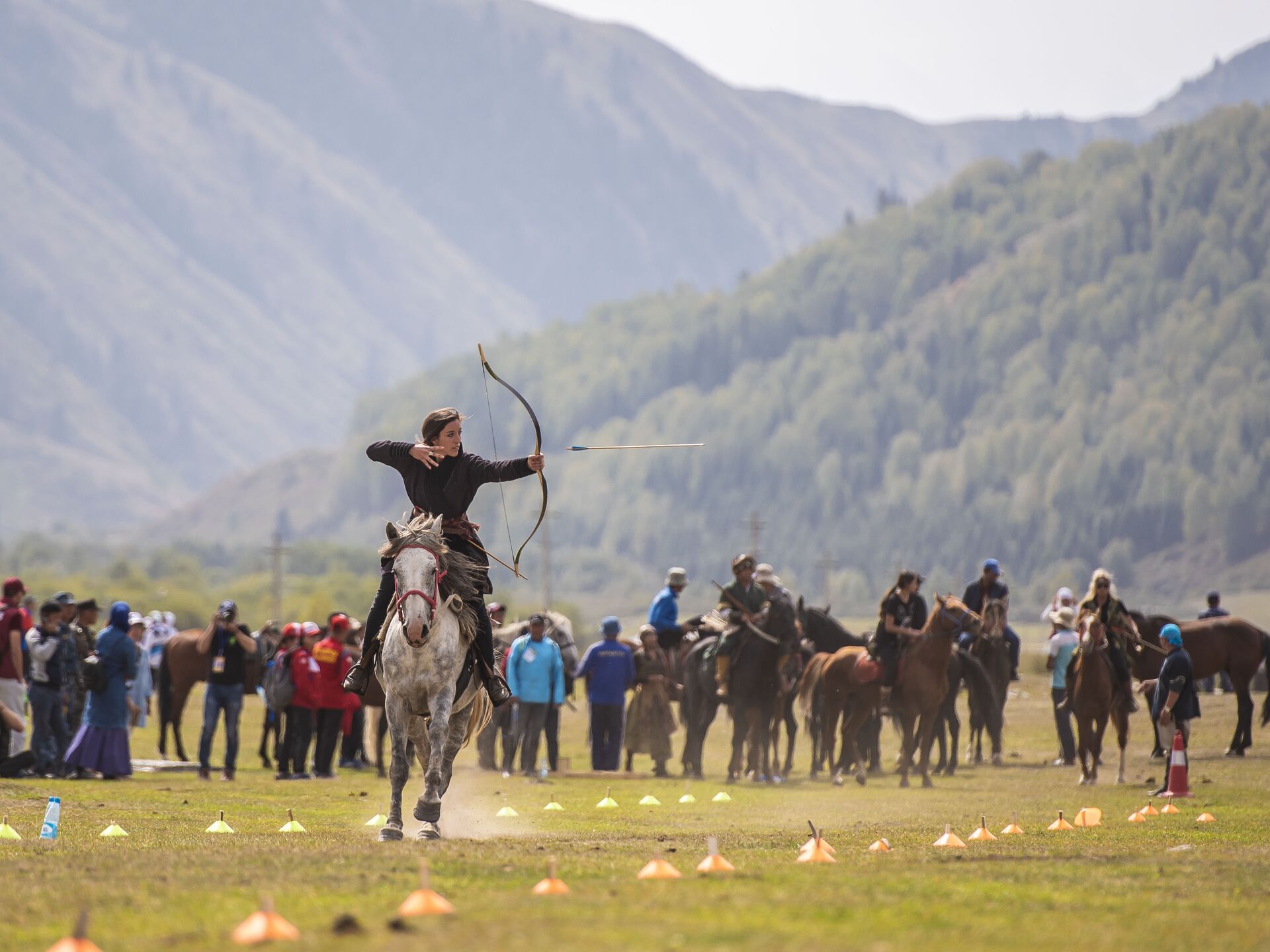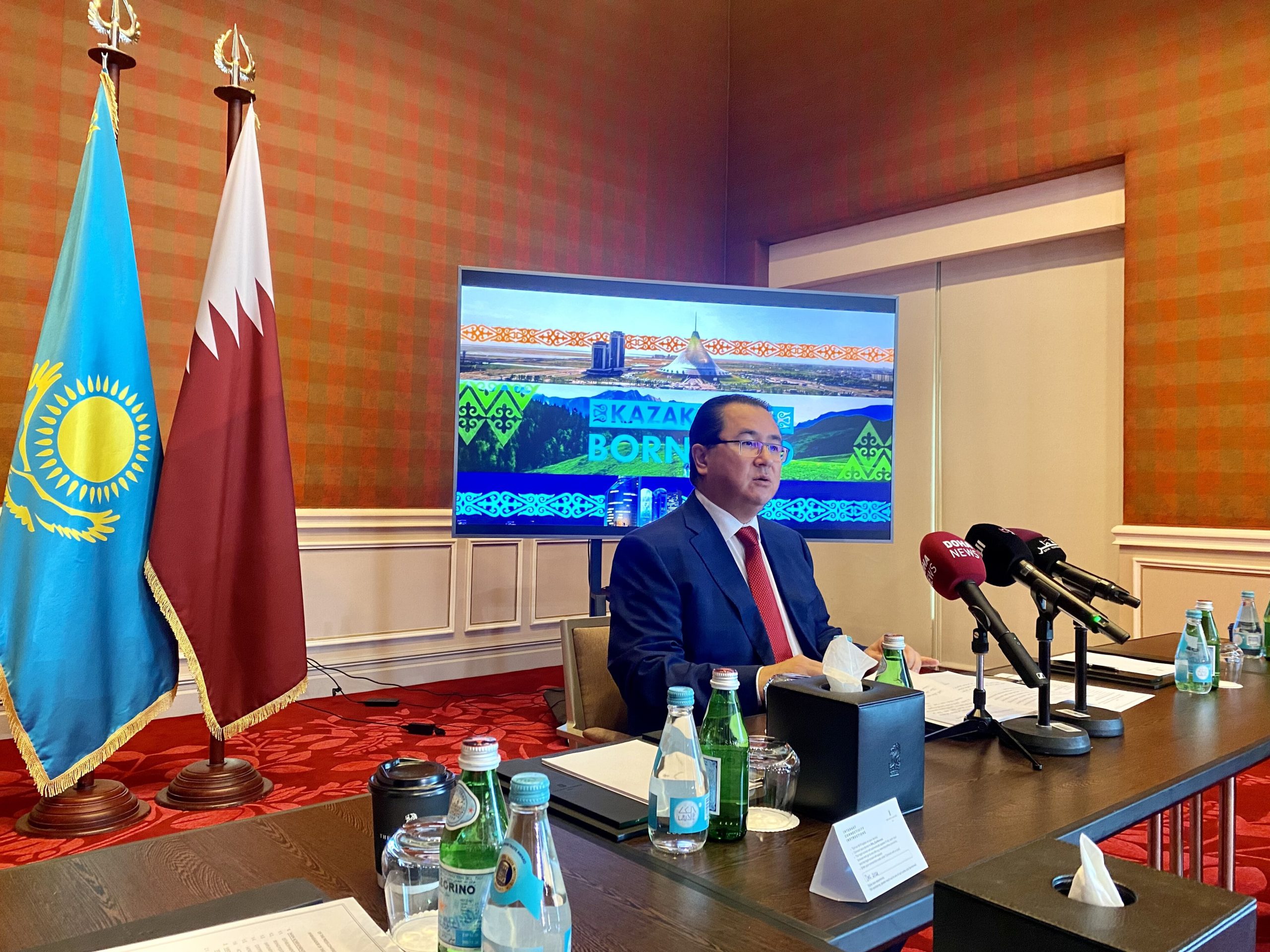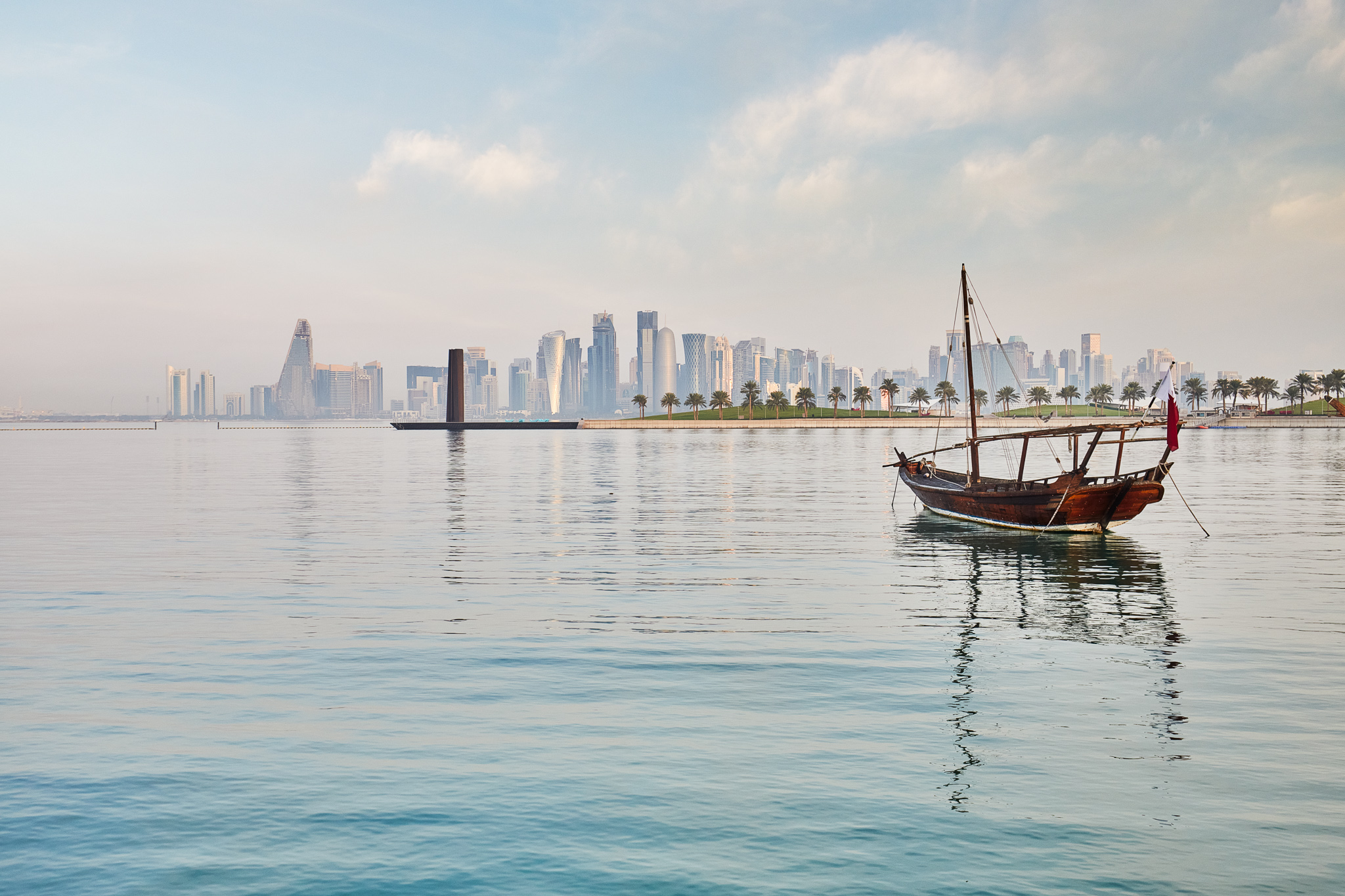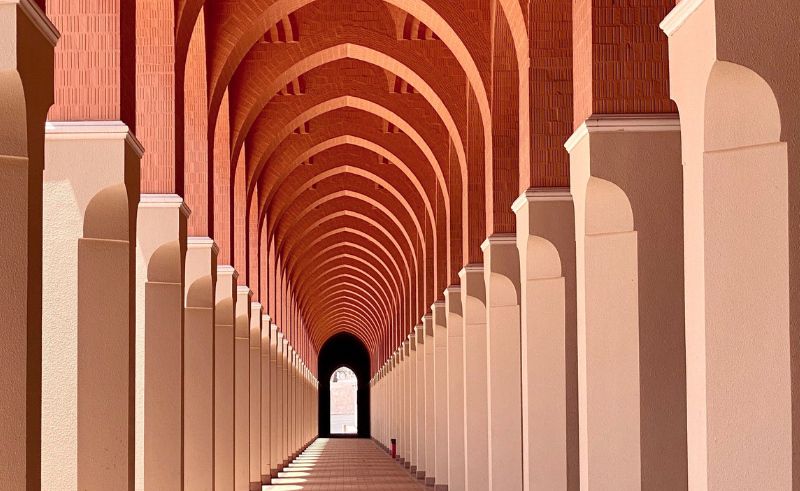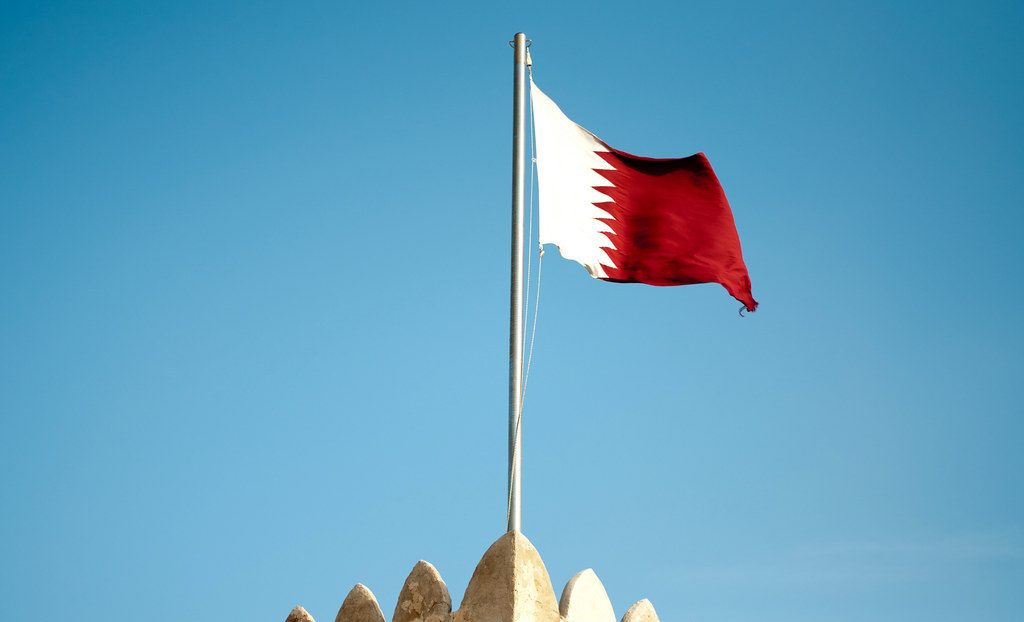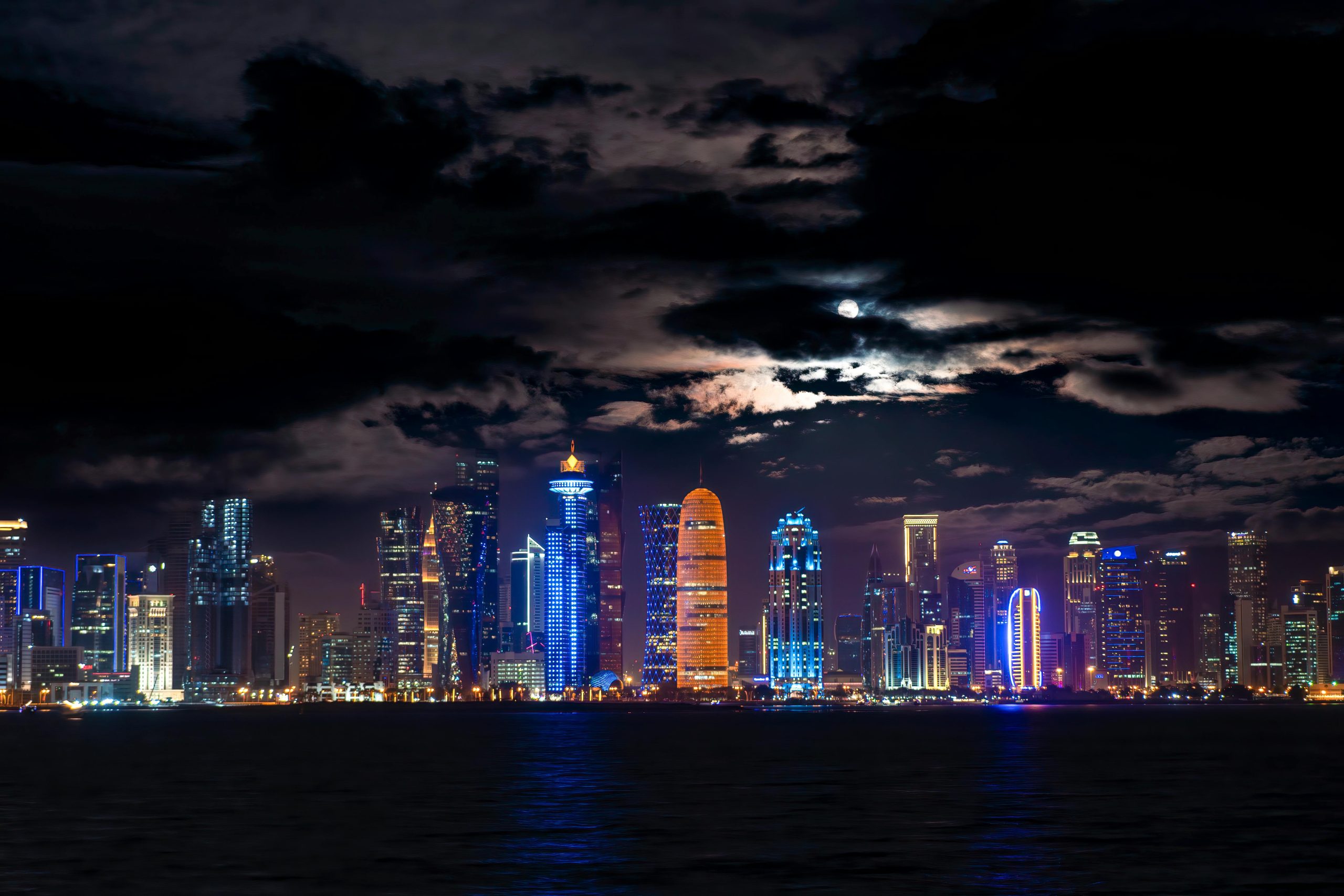The World Nomad Games are included in the UNESCO Intangible Cultural Heritage List. The mission of the Games is to revive, develop and preserve ethnic culture, the identity of ethnic groups and peoples of the world to foster tolerant relationships.
As the summer sun begins to set and the autumn breeze blows across the Kazakh steppes, Astana will come alive in the spirit of nomads by hosting the 5th World Nomad Games on September 8-14 this year with wide international participation of sportsmen from more than one hundred countries, even countries that were not nomadic are also invited to take part.
The World Nomad Games are included in the UNESCO Intangible Cultural Heritage List. The mission of the Games is to revive, develop and preserve ethnic culture, the identity of ethnic groups and peoples of the world to foster tolerant relationships.
Competitions in 21 competitive sports will be held at the best sports grounds of Astana. They include horse races, national types of wrestling, traditional intellectual games, competitions in martial arts, traditional archery, national types of hunting with birds, horse racing, folk game with 97 sets of medals will be awarded at the Games.
Ethnic sports are an integral part of cultural diplomacy
The nomadic world unites hundreds of peoples across the world. We are pleased to see the positive trends towards preserving and reviving this valuable heritage, as it adds to the identity of nations.
In fact, besides Central Asian region, where historically nomadic culture was prevailing, we witness the keen interest and love for some joint cultural and sports aspects both in Kazakhstan and Gulf states, such as hunting with birds – steppe eagles in Kazakhstan, and falcons – in GCC countries.
One of the most important part of nomadic culture was riding the horses, as it played the central role in Kazakh and Arab lifestyles. They were indispensable companions in daily life, including in migration, war, hunting, and trade. The Kazakh people are honored by the fact that horses were first domesticated about 5,500 years ago in what is now modern Kazakhstan. In fact, horses are considered one of the seven sacred treasures of the Kazakh people. This long-standing bond between Kazakhs and their horses will be brought to life through equestrian events at the Games.
One of the most anticipated events is Kokpar, an exciting and dynamic game with horse riding teams compete for control of a goat carcass, displaying great skill, strength and strategy.
In addition to Kokpar, spectators will enjoy a variety of traditional sports such as archery, wrestling and eagle hunting. Each sport carries its own historical significance and showcases the diverse skills our ancestors honed to thrive in the vast and challenging landscape of Central Asia.
Furthermore, daily cultural events will be held at the unique ‘Ethnic nomad village, where the past meets the present in a harmonious display of tradition. Here, visitors will be able to enjoy the largest exhibition of nomadic handicrafts, where master craftsmen will display their works and share the secrets of their craft through engaging master classes.
A highlight of the cultural program is the traditional Aytis music competition of the Akyns – folk poets and singers. This poetic duel, where leading and debutant artists show their wit and lyrical prowess, is a beloved tradition that continues to captivate audiences with its mix of creativity and competitive spirit.
Meanwhile, fashion lovers will delight in the Ethnic Fashion Festival, which features a catwalk decorated with clothing samples.
The National Cuisine Festival promises to be a feast for the senses, offering master classes that enable visitors to learn to prepare traditional Kazakh dishes and drinks, and experience first-hand the hospitality and warmth of the Kazakh people.
The World Nomad Games next September promise to be an unforgettable experience, combining the excitement of competition with the richness of cultural heritage.
This event provides an opportunity to strengthen cultural ties between nations. As a country of over 100 ethnicities that values inter-ethnic harmony, we look forward to welcoming people from all over the world, including Qatar to Astana, where the nomadic spirit lives on.
We are looking forward to seeing Qatari sportsmen and visitors at World Nomad Games and to witness the spectacular shows and performances of traditional and ethnic multicultural heritage.
Cultural Days of Qatar and Kazakhstan
During the historic visit of H.E. Kassym-Jomart Tokayev to Qatar in February this year, both sides agreed to hold Days of Culture of both states in 2025.
We plan to organize live shows, exhibitions and performances from both countries, highlighting the deep cultural bonds and promoting people-to-people ties between Kazakhstan and Qatar.
Currently, we see huge interest by Qatari citizens and residents in eco-tourism and food tourism to Kazakhstan, due to daily direct flights between Almaty and Doha, as well as charter flights from 5 cities in Kazakhstan to Qatar, with visa-free regime for all GCC nationals.
Qatar has also become the beloved tourist destinations for Kazakhstanis with around forty thousand visits last year.
We are eager to further strengthen the strategic cooperation between our states for the mutual benefit of our nations.
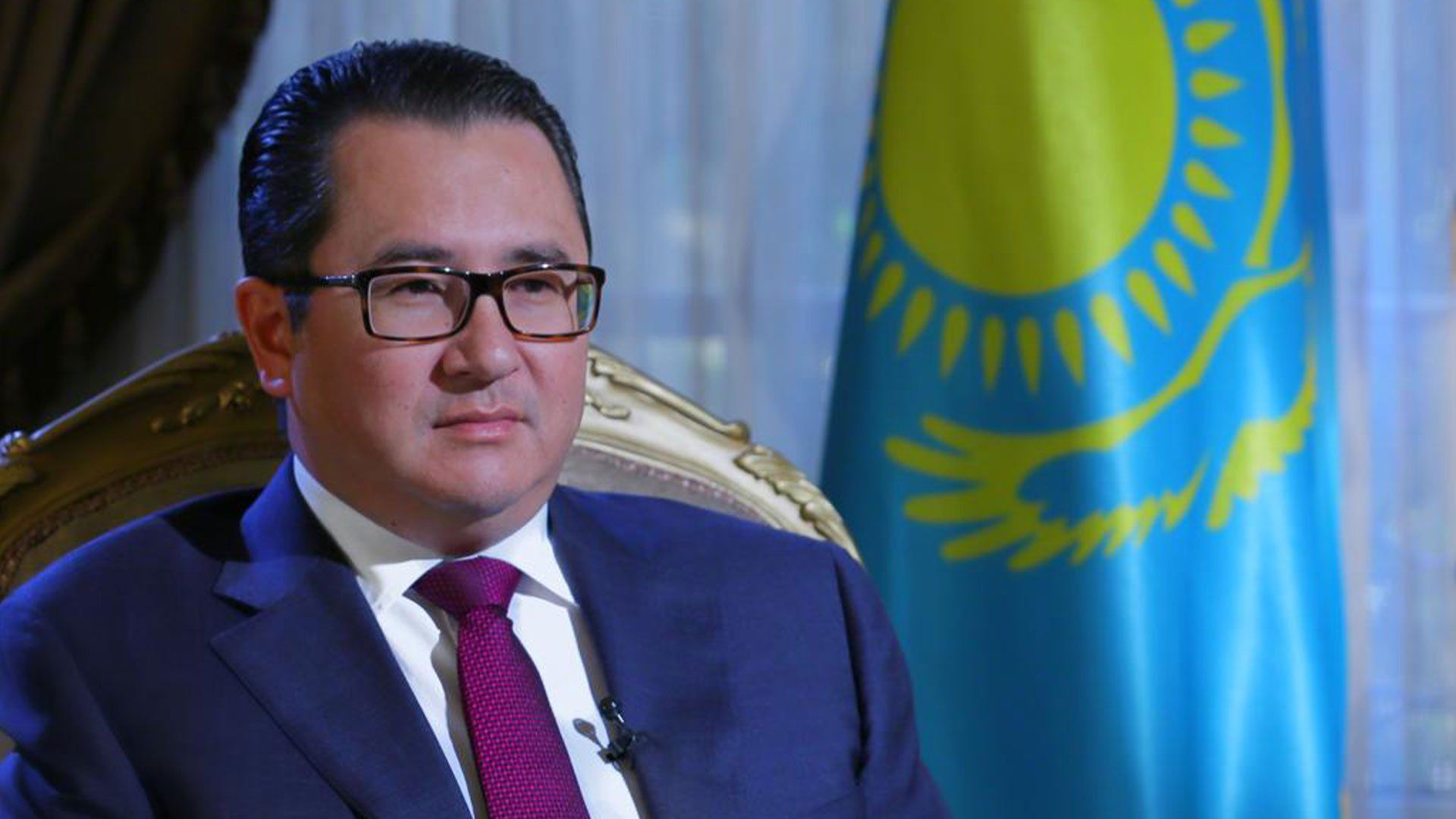
This article is an opinion piece by Arman Issagaliyev, Ambassador of the Republic of Kazakhstan to the State of Qatar, and does not necessarily reflect the views of Doha News, its editorial board, or staff.

